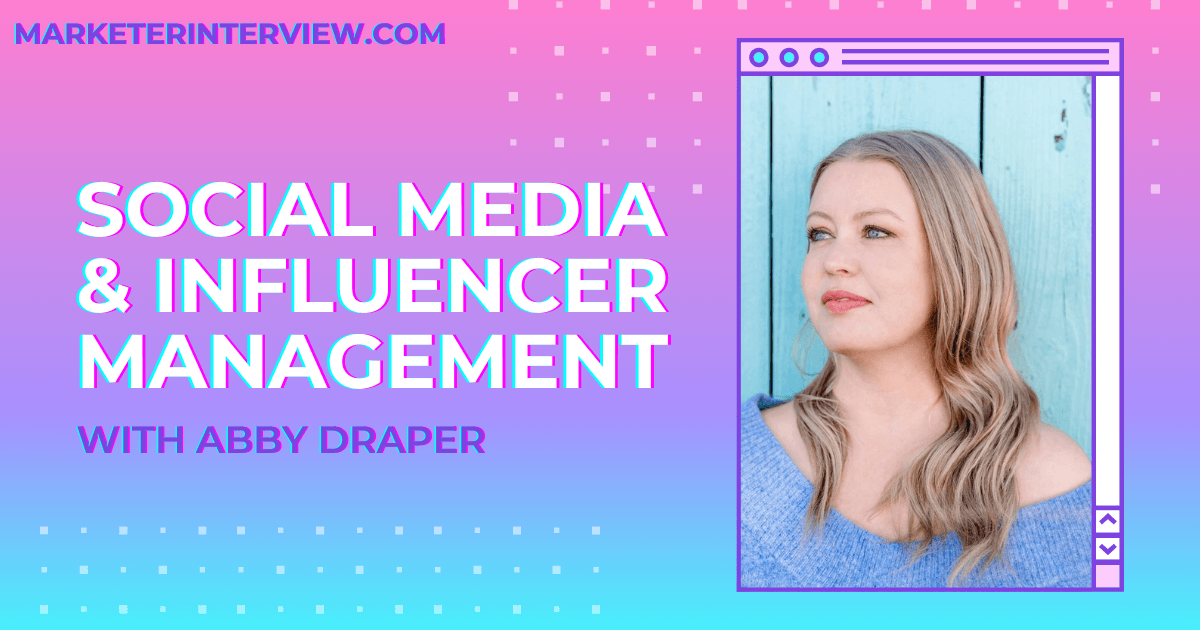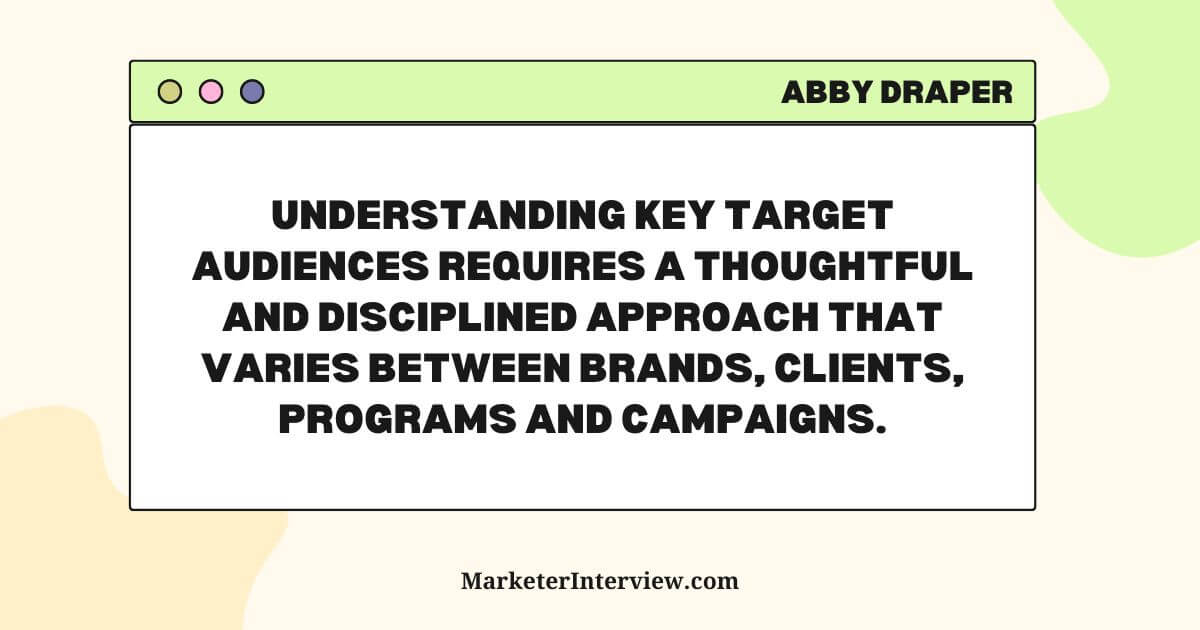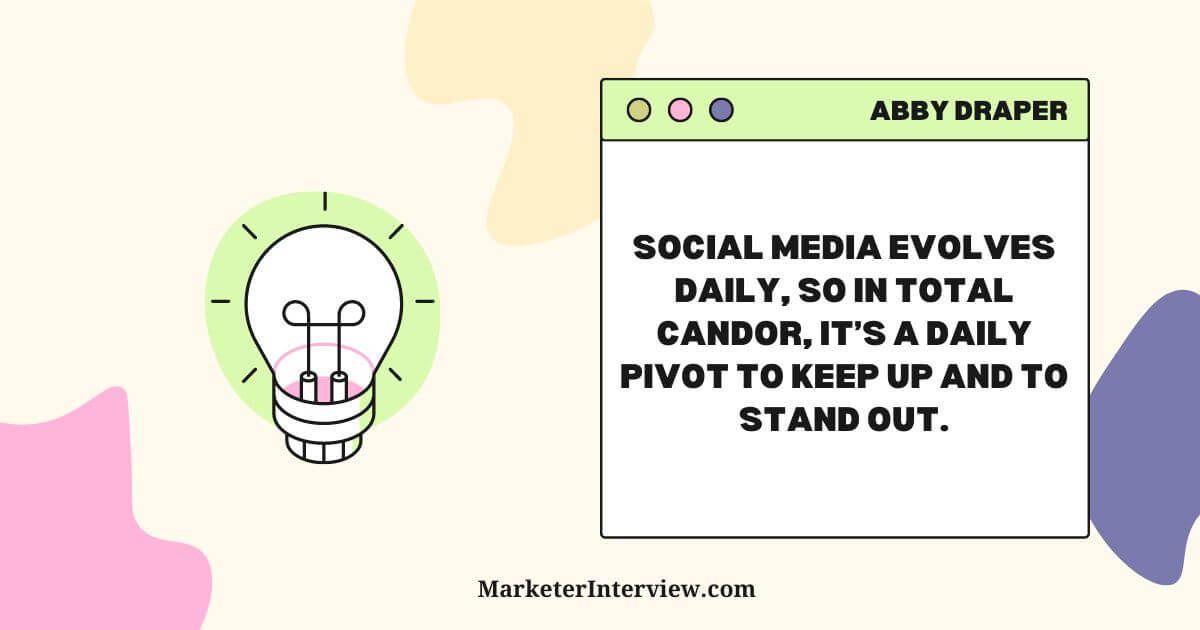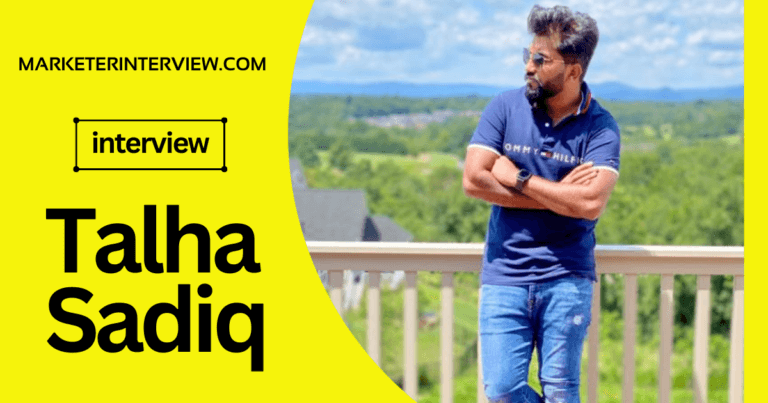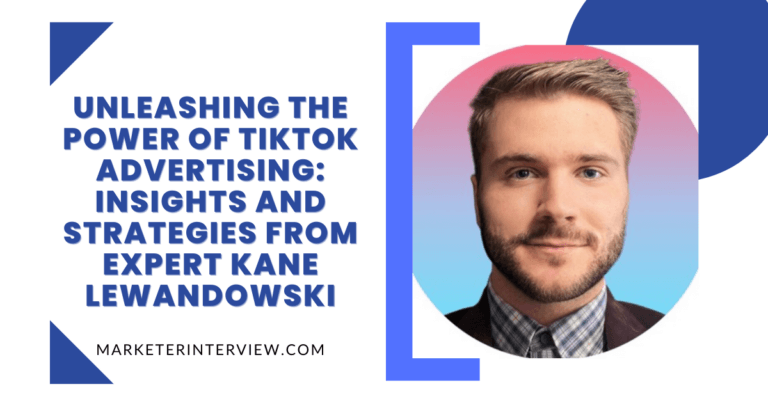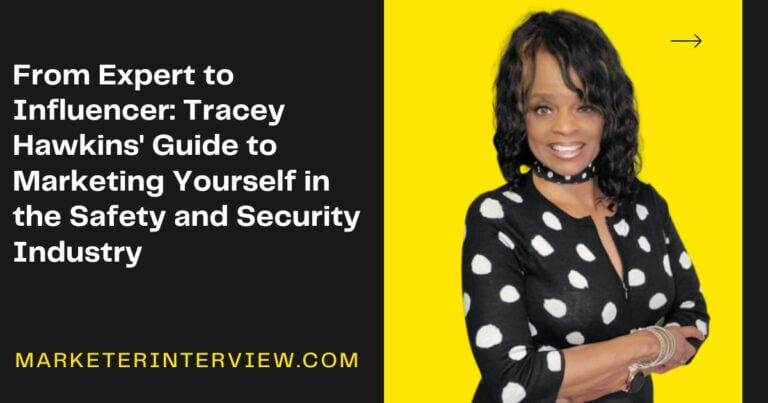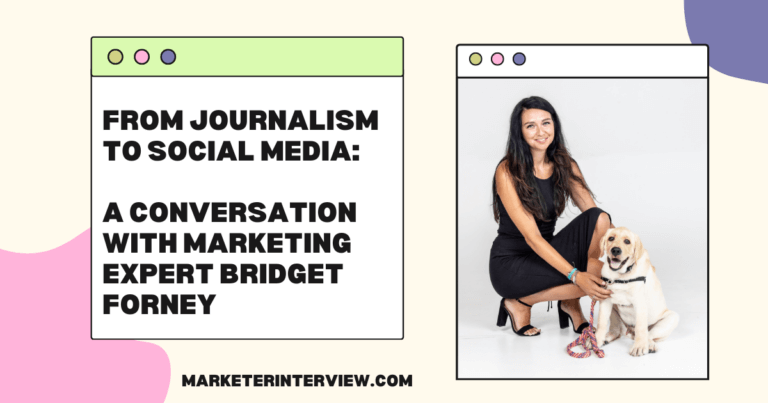Interview with Abby Draper on Social Media Marketing Strategies and Influencer Management
Social media marketing has become an essential component of most modern marketing strategies, offering a direct way to engage with consumers and build brand awareness. However, with the constant evolution of social media platforms, it can be challenging to keep up with the latest trends and best practices.
In this interview, we speak with Abby Draper, a seasoned marketing professional with extensive experience in social media marketing and influencer management. Abby shares her insights on how to tailor content to fit different social media platforms, create successful social media campaigns, measure ROI, and work with influencers.
Join us as we delve into the world of social media marketing with Abby Draper.
Contents
- 1 How do you tailor content to fit the unique audiences of each social media platform?
- 2
- 3 Can you walk us through the process you use to create a successful social media campaign?
- 4 How do you measure the success of a social media campaign and what metrics do you use?
- 5 Can you describe a social media campaign that you implemented that had a significant impact on a brand’s business?
- 6 How do you decide which influencers to work with for a campaign, and how do you ensure their content aligns with the brand’s messaging?
- 7 Can you give an example of a time when you had to pivot a social media campaign due to unforeseen circumstances?
- 8
- 9 How do you stay on top of emerging social media platforms and ensure you are utilizing them effectively for brands?
- 10 Can you describe a successful influencer management campaign you executed for a brand?
- 11 How do you measure the ROI of an influencer marketing campaign and what KPIs do you focus on?
- 12 Can you describe a time when you had to navigate a challenging situation with an influencer, and how you resolved it while still achieving the campaign’s goals?
Understanding key target audiences requires a thoughtful and disciplined approach that varies between brands, clients, programs and campaigns. There’s an unwritten rule among industry practitioners to what type of content performs best on each separate platform.
For example, how you share information on LinkedIn is different from how you would share the same information on TikTok. You simply have to find a meaningful way to offer content that will resonate with each different target audience. The key is having current knowledge of who spends time on each platform and how they prefer to receive information while scrolling.
Collaboration is key. Ideating with other social media experts, various demographics, tiered audiences and even those you engage with on your own personal social outlets gives you a wealth of understanding to what may work and what will likely not work based on feedback from those who spend time where you want to be online.
Collaboration leads to meaningful research. What have similar brands been doing that has been successful? What is our target audience currently engaging with? What are our desired results with this campaign and why? Meaningful research leads to defining overall goals and measurable objectives for the social campaign.
Once those have been established, it’s time to put pen to paper and make sure that every single tactic and execution step maps back to the set goals and objectives so that everything happening during this campaign is a stepping stone to ensuring the results are in line with the overall reason for being deployed.
To measure in specific numbers, there are several programs to help track engagement, sales, awareness, etc. But I find it can be better received as a successful campaign when you personalize the results to cater specifically to the client or brand it was on behalf of.
For example, say their “dream retweet” was one from Chrissy Teigen and that happened with said campaign – I would call that a successful engagement. If a TikTok video goes viral and is then covered by Buzzfeed or Bustle – that’s another success I would call out specifically to satisfy the client and brand.
Ultimately, success is if the client and the client’s bosses are happy, I’m happy. But the numbers supporting their happiness don’t hurt.
I worked on a social campaign with a well-known celebrity hairstylist who was launching a perfume line. Essentially, we created a social scavenger hunt in 5 top sales markets with online and mobile check-in opportunities required to successfully complete the hunt.
When users made their way to the end of the path, they were rewarded with an exclusive gift from the brand, including a bottle of the new perfume that was not yet available to consumers. On launch day, each scent was sold out within 6 hours with multiple praising compliments about seeing this online following the hunt.
How do you decide which influencers to work with for a campaign, and how do you ensure their content aligns with the brand’s messaging?
I am very fortunate to have a large network of influencers who I have worked with for years that I know very well and who understand how to be an influential influencer to an array of different brand categories so I typically start there.
That said, if someone in my network doesn’t make sense for a campaign, I will still ask them if they can intro me to another ambassador they know that may be a better fit.
If I’ve not worked with a desired influencer before, I do my due diligence to see what they typically post about, what voice they use (are they funny, quirky, motivational, etc.), their post frequency and who follows them. If it makes sense for the client I’m working with, I’ll pursue that person and together discuss content that may be a fit for both the influencer and my client/brand.
In the last three years, through the pandemic, we’ve been forced to pivot how we approach social media and social media campaigns to cater to a new standard of doing business. We now, even more so, have to ensure that what we’re doing online is interesting, cool enough to be noticed, engaged with, talked about and hopefully inspiring.
As we discussed before, social media evolves daily, so in total candor, it’s a daily pivot to keep up and to stand out.
If a preferred social site shuts down for a few peak hours during a campaign? Pivot.
Your influencer gets sick and can’t record video that day? Pivot.
A competitor launches a LOUD campaign on top of yours? Pivot.
It’s a daily workout!
In this business, you can never stop learning. Social media evolves almost daily, news stories vary day-to-day and it’s important to stay on top of these things.
To do so, I’m always reading. Be it online, on social media, through a webinar or in a print pub (yes, I still get print pubs sent to me) there are maybe 30 minutes a day where I’m not learning. And those minutes are typically on the Peloton.
As previously mentioned, I am also close to a lot of brilliant minds that work in social media, PR, influencer marketing and the like, so we are always exchanging case studies, articles, campaigns, new influencers, reporting services, monitoring services, etc. with one another. This career is great because we all know what we all need and we’re like a big family that wants everyone to succeed.
Can you describe a successful influencer management campaign you executed for a brand?
Of course. I was lucky to work on a campaign for a well-known water brand who agreed to work with a celebrity influencer I’d suggested and connected them to. Through relationships across the country we were able to have this influencer host virtual fitness classes with (water brand) branded yoga mats, water bottles, apparel and special swag from the celebrity influencer.
We leveraged her social channels to co-promote the campaign and then we pitched that messaging to traditional media outlets to enhance coverage. We had the celebrity influencer photographed carrying the product and she posted that to her personal channels which we then reposted from the brand’s channels.
To be honest, it was all about co-promoting, “sweatworking” and casting a wide net to the audience that never leaves home without a water bottle in hand.
How do you measure the ROI of an influencer marketing campaign and what KPIs do you focus on?
Well, obviously the largest return on investment is a noticeable increase in sales. Second to that is the elevation of the brand and surrounding conversation through word of mouth, social media, online features and reporting numbers.
Key performance indicators are pretty standard – audience reach, impressions, engagement rate, profile growth, site traffic, profile visits, and social sentiment tend to encapsulate the success of a campaign.
Again, to repeat what I said earlier, success can be measured differently depending on what the client sets its goals and measurable objectives at. To some, it’s all a numbers game. To others, it’s a name game. Just like you have to understand the target audience it’s important to understand the client as well.
Personally, I have not experienced many challenges with influencers, but I will say that as with any kind of profession, if you’re honest, kind and treat others how you want to be treated, issues and road blocks are easy to overcome.
Trust is key with influencers, on both sides. Stick to that and you can find success through challenges very simply and without struggle.
